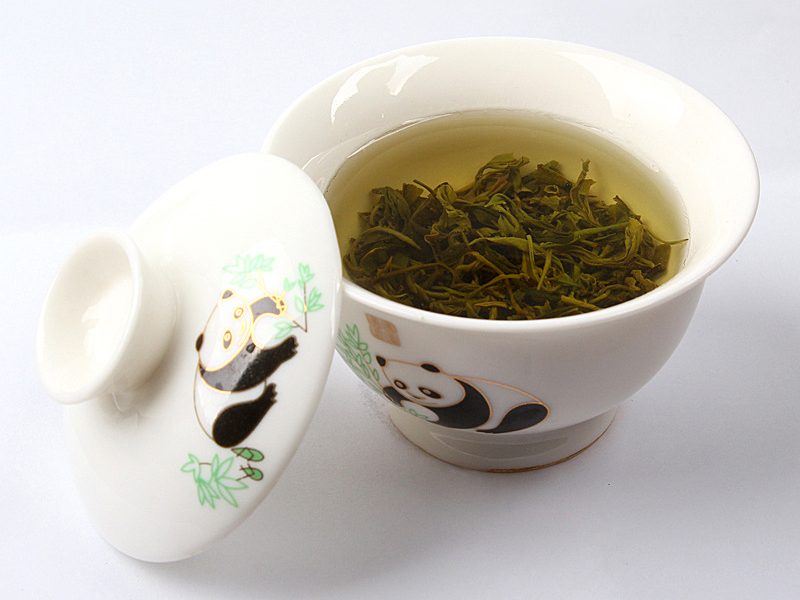
Functional dyspepsia and spleen deficiency syndrome in traditional Chinese medicine
Spleen deficiency syndrome (SDS) is a set of symptoms commonly used by ancient Chinese healers to describe a state of low-energy metabolism. In traditional Chinese medicine (TCM), "spleen" does not refer to the organ itself, but rather to the stomach, whose main function is to digest food and absorb nutrients.
This abnormal state of metabolism is mainly ascribed to digestive disorders, which, today, are believed to be due to an imbalance in a person's gut microbiota. According to studies, an imbalanced ratio of good and bad microorganisms in the human digestive system can trigger inflammation. Inflammation is believed to be the root of many chronic diseases, including heart disease and cancer.
In TCM, SDS is characterized by various symptoms, such as poor appetite, fatigue, paleness of the face and tongue, weight loss, and loose stools. It is also associated with gastrointestinal abnormalities, such as diarrhea and chronic gastroenteritis, as well as hepatitis and candida infection. Due to its wide influence on the gastroenterological system, TCM also considers SDS to be largely responsible for the pathogenesis of functional dyspepsia (FD).
In modern medicine, FD is identified as a chronic disorder that affects the gastroduodenal region. Symptoms dissociated with any biological cause characterize FD; these include pain and discomfort in the upper abdomen after eating, heartburn, stomach bloating, nausea, and excessive belching. FD is more commonly known today as indigestion and is one of the most prevalent gastrointestinal disorders around the world. (Related: Research shows acupuncture can be more effective than medication for indigestion.)
TCM remedies for common digestive problems
There are a number of ways TCM can help relieve indigestion and other digestive issues. Most of these involve either a combination of various medicinal herbs or acupuncture coupled with herbal remedies. According to studies, the latter has a higher total effective rate than conventional drugs against digestion-related problems, such as acid reflux. TCM herbs commonly used to treat digestive issues include: (h/t to MindBodyGreen.com)
- Geng mi (Oryza sativa) -- Rice is considered a soothing remedy for weak digestion, diarrhea, thirst, and irritability.
- Ji nei jin (Gallus gallus domesticus) -- Chicken gizzards are believed to promote digestion and dissipate food stagnation.
- Shan zha (Crataegus pinnatifida) -- Commonly known as hawthorn berries, this TCM can be made into tea to help with food stagnation and the digestion of meats and fats.
- Mai ya (Hordeum vulgare) -- Fiber-rich and nutritious, barley is said to improve digestion, especially the break down of starch and carbohydrates.
- Chen pi (Citrus reticulata) -- The pericarp of mandarin orange or tangerine can alleviate many digestive issues, including nausea, vomiting, abdominal fullness, distention, and stomach pains.
Clinical and metabolic evaluation of FD with SDS
For their study, the researchers evaluated the clinical characteristics of FD with SDS and the metabolic perturbations involved in FD progression in the hopes of facilitating clinical diagnosis for the disorder.
To achieve this, they recruited 215 FD patients and 61 healthy volunteers and compared clinical characteristics and gastric emptying rate between the FD group and the healthy control (HC) group. They also performed metabolomics analysis to determine the metabolic differences between the two groups.
The researchers found that patients who suffer from FD with spleen deficiency experience more severe postprandial (after meals) discomfort and delayed gastric emptying than the HC group. They also identified decreased motilin as an independent risk factor for FD with spleen deficiency. Motilin is a hormone released by endocrine cells during fasting to induce gastrointestinal motility.
The researchers also identified 15 metabolites associated with FD with SDS. These metabolites were present in the FD group but not in the HC group. Most of these biomarkers belong to the glycerophospholipid metabolic pathway. Glycerophospholipids are structural components of cell membranes.
Based on their findings, the researchers concluded that spleen deficiency syndrome is associated with delayed gastric emptying and perturbations in the glycerophospholipid metabolic pathway. They hope that these clinical features, together with the metabolic biomarkers they identified, can be used for the multidimensional diagnosis of FD.
Sources include:
Please contact us for more information.























